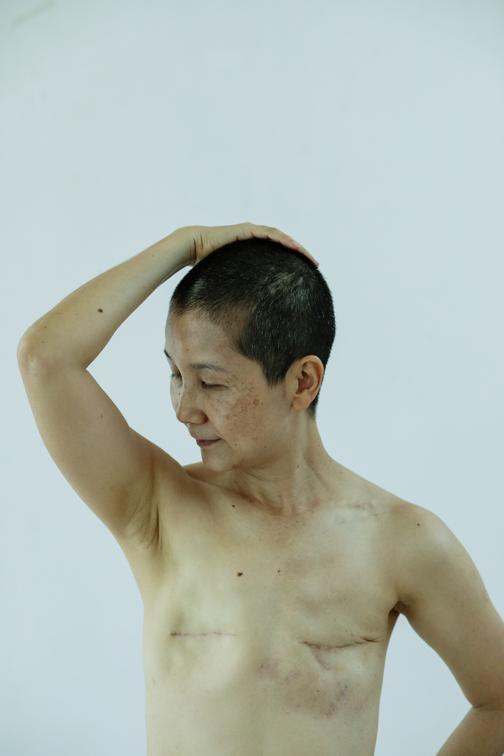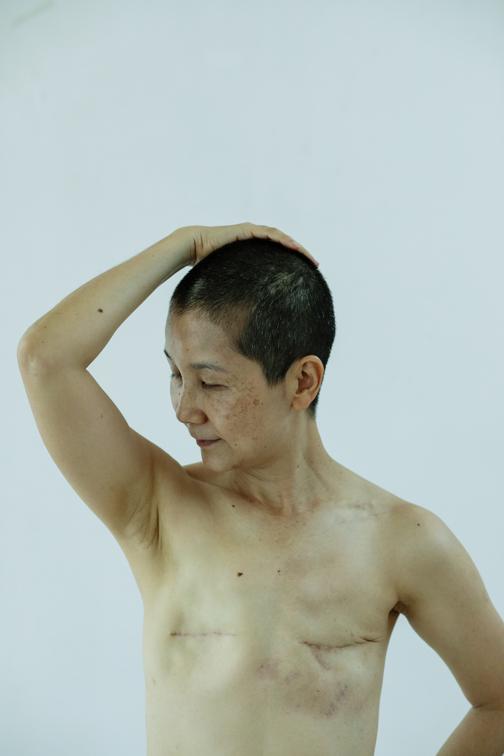Comblogbreast Cancer
Breast cancer is one of the most common forms of cancer among women, and it affects millions of people around the world. In this blog, we will be discussing the prevention, diagnosis, and treatment options available for combating breast cancer. We will also be exploring the latest research and advances being made in the fight against this deadly disease.
Finally, we will discuss how to support and advocate for those living with breast cancer.
Early detection and prevention strategies


Early detection and prevention are two of the most important strategies in the fight against breast cancer. By catching the disease in its early stages, and taking steps to reduce your risk of developing the disease, you can have a major impact on your health and well-being.
Regular breast health screenings, such as mammograms and self-exams, can help you detect breast cancer in its earliest stages, when it is most treatable. Additionally, lifestyle modifications such as getting regular exercise, limiting alcohol consumption, and maintaining a healthy weight, can help lower your risk of breast cancer. By taking these precautions, you can give yourself the best chance of avoiding this devastating disease.
Treatment options and surgical procedures


Breast cancer is a serious health condition that requires both medical and surgical treatments. Depending on the stage of cancer, a patient may be required to undergo various treatments and procedures to help combat the disease. Chemotherapy, radiation therapy, and surgery are all common treatments for breast cancer.
Chemotherapy, radiation therapy, and surgery are all common treatments for breast cancer. Chemotherapy works by killing cancer cells, while radiation therapy uses high-energy radiation to damage and destroy cancer cells. Surgery may involve removing the entire breast or just a portion, and in some cases, it may involve reconstructive surgery to help restore the appearance of the breast.
With the right treatment plan, patients can effectively manage their breast cancer and even achieve remission.
Side effects of treatments and coping strategies


Are you a breast cancer patient and feeling overwhelmed by the side effects of your treatments? You’re not alone. Many patients experience a wide range of side effects, including nausea, fatigue, and hair loss.
But there are coping strategies that can help you manage these symptoms and maintain a positive outlook. From diet and exercise to talking to a counselor, there are many ways to cope with the side effects of breast cancer treatments.
We’ll explore some of the most effective coping strategies and provide you with tips on how to make them part of your daily routine. With a little bit of effort, you can find relief from the side effects and become more comfortable in your own skin.
Nutrition and dietary considerations for breast cancer


When it comes to breast cancer, nutrition and diet play a key role in maintaining a healthy lifestyle. Eating a balanced diet that is rich in fruits, vegetables, whole grains, and lean proteins can help reduce the risk of developing breast cancer. In addition, avoiding processed and refined foods, limiting alcohol consumption, and maintaining a healthy weight can help to further reduce the risk.
It is important to remember that nutrition and dietary considerations for breast cancer are not a one-size-fits-all approach; individuals should work with their doctor to develop a personalized plan that is tailored to their individual needs.
Psychosocial support for breast cancer survivors


Breast cancer is a life-altering diagnosis that can have a profound impact on both physical and mental health. Fortunately, there is a wide range of psychosocial support available for breast cancer survivors.
Additionally, support groups provide a forum for survivors to share their experiences and support one another through their respective journeys. Ultimately, psychosocial support can be a powerful tool for breast cancer survivors, helping them to better manage the physical, mental, and emotional effects of the disease.
Resources for breast cancer patients and families


For those affected by breast cancer, it can be a difficult journey to navigate. To help those going through this experience, we’ve compiled a list of resources to provide support and understanding.
Whether you’re looking for emotional support, medical advice, or financial assistance, we’ve got you covered. No matter where you are on your journey, we hope this list of breast cancer resources will provide you with the help and comfort you need.
Conclusion
In conclusion, breast cancer is a serious disease that can have a devastating impact on those affected. Thankfully, research and advances in treatments have made it possible to detect, diagnose, and successfully treat breast cancer.
It is important to be aware of the signs and symptoms of breast cancer, as early detection can greatly improve the chances of successful treatment. The best way to protect yourself from breast cancer is to stay up-to-date with recommended screenings, practice healthy lifestyle habits, and be aware of any changes in your breasts.





